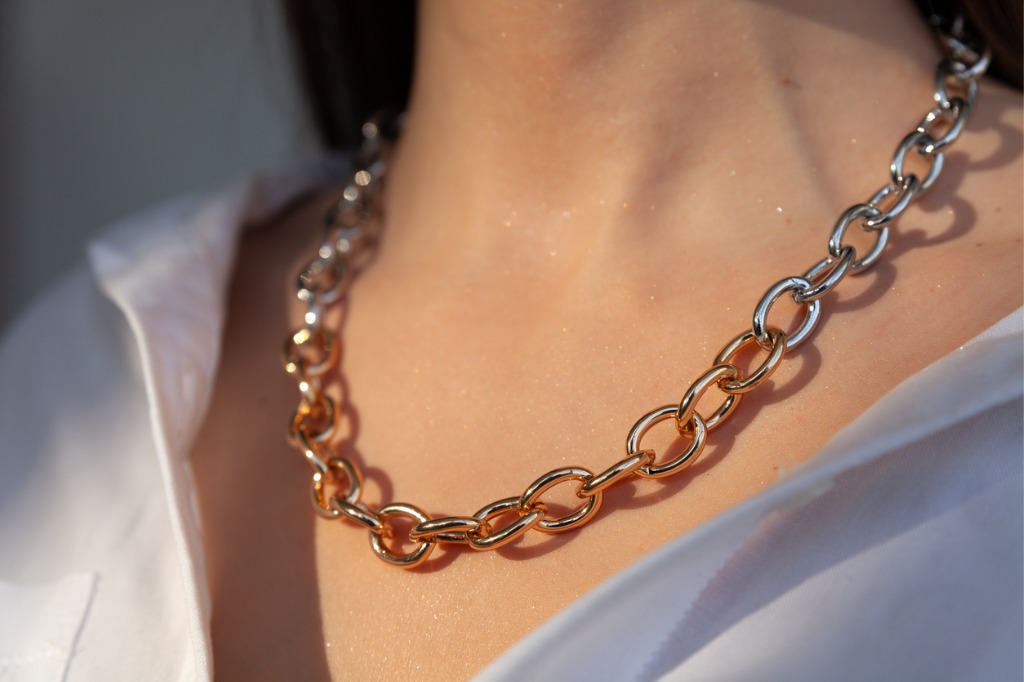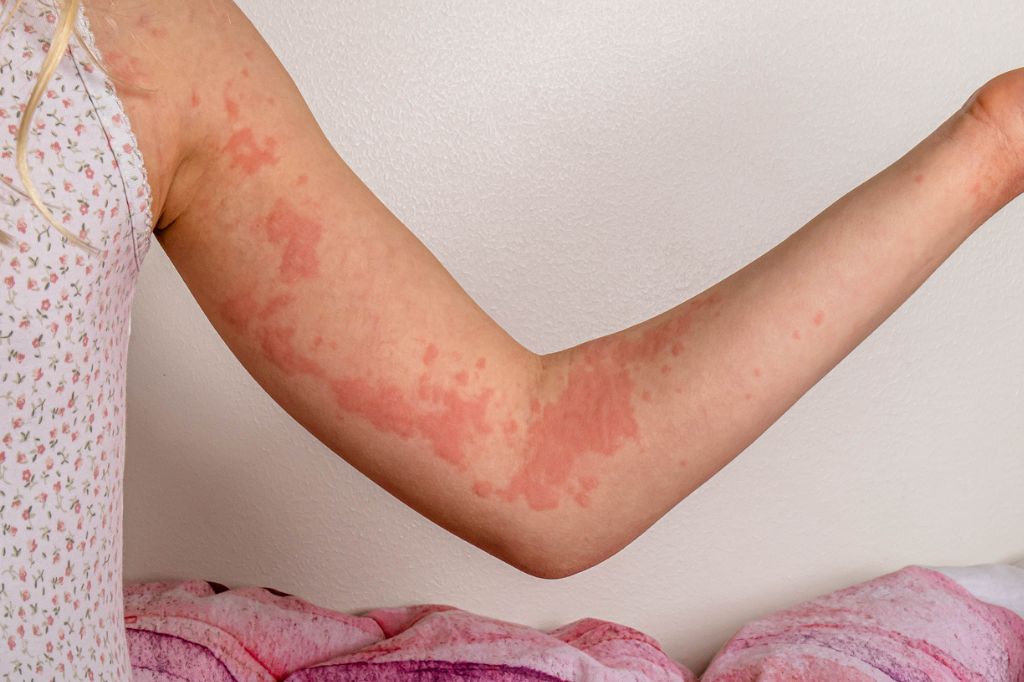
Can You Have an Allergic Reaction to Jewelry? Understanding Contact Dermatitis
Jewelry is a beloved accessory for many, but for some, it can cause unexpected skin reactions. If you’ve ever noticed redness, itching, or blisters after wearing a piece of jewelry, you might be experiencing an allergic reaction to jewelry known as contact dermatitis.
What is Contact Dermatitis?
Contact dermatitis is a skin condition that occurs when you come into contact with a substance that your body perceives as harmful. This reaction can result in a variety of symptoms, including:
- Redness
- Itching
- Swelling
- Blisters
- Dry, scaly skin
Two Types of Contact Dermatitis
Contact dermatitis can be divided into two main types: irritant and allergic. Irritant contact dermatitis, the most common type, occurs when a harsh substance damages the skin’s outer protective layer. This could be anything from a chemical in your laundry detergent to the soap you use.
Allergic contact dermatitis, on the other hand, is an immune response. It happens when your body identifies a substance as an invader and reacts accordingly. This substance, known as an allergen, can be something you’ve been exposed to many times before without issue. It’s this type that often comes into play with jewelry allergies.
Jewelry Allergies and Contact Dermatitis
Many people are surprised to learn that their favorite pieces of jewelry can cause allergic reactions. This is often due to a metal allergy, with nickel being the most common culprit. Nickel is used in a wide variety of jewelry, including earrings, necklaces, bracelets, and rings. Even if a piece of jewelry is labeled as gold or silver, it could still contain traces of nickel or other allergenic metals.
Other metals that can cause allergic reactions include cobalt and chromium. These are less common but can be found in certain types of costume jewelry or colored jewelry.
What Can You Do?
If you suspect you’re allergic to your jewelry, the best course of action is to stop wearing the piece and see if your symptoms improve. You can also try wearing jewelry made of hypoallergenic materials like stainless steel, titanium, or gold.
When to Seek Medical Help
If your symptoms persist or worsen, it’s important to seek medical help. A healthcare professional can perform tests to confirm whether your jewelry could be causing your symptoms and provide treatment options.
Reduce the Severity of Contact Dermatitis: Contact Northeast Allergy
At Northeast Allergy, we’re committed to helping you live comfortably and confidently. If you’re struggling with contact dermatitis due to your jewelry, our team of experts is here to help. We can provide testing, treatment, and advice to help manage your symptoms and prevent future reactions.
Don’t let an allergy stand in the way of you and your favorite accessories. Contact Northeast Allergy today and take the first step toward a more comfortable, allergy-free life.



